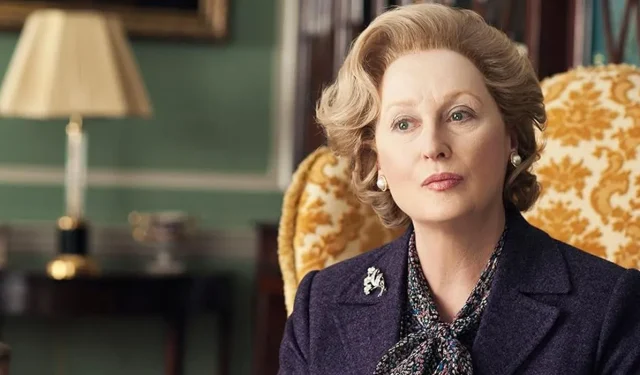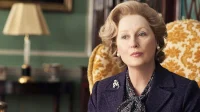Recent reports suggest that Meryl Streep may voice Aslan in the upcoming adaptation of The Chronicles of Narnia for Netflix, a move that has sparked both interest and controversy. This adaptation, helmed by acclaimed director Greta Gerwig, is set to include at least two films in the series. The first installment is anticipated to premiere on November 26, 2026, and notably, it will be screened in about 1,000 IMAX theaters for a limited time before becoming available for streaming one month later.
While the casting for the beloved Pevensie siblings remains under wraps, Grammy Award-winning artist Charli XCX is reportedly being considered for the role of Jadis, better known as the White Witch. Additionally, Daniel Craig is rumored to be in discussions to play Professor Digory Kirke. The speculation surrounding Streep’s potential voice role as Aslan adds another layer of intrigue; however, no official confirmations have been made yet. Should Streep step into this role, it would represent a significant shift from the character’s traditional portrayal.
Meryl Streep’s Potential Role as Aslan Could Deviate From Classic Depictions
Unpacking the Complications of Aslan’s Allegory
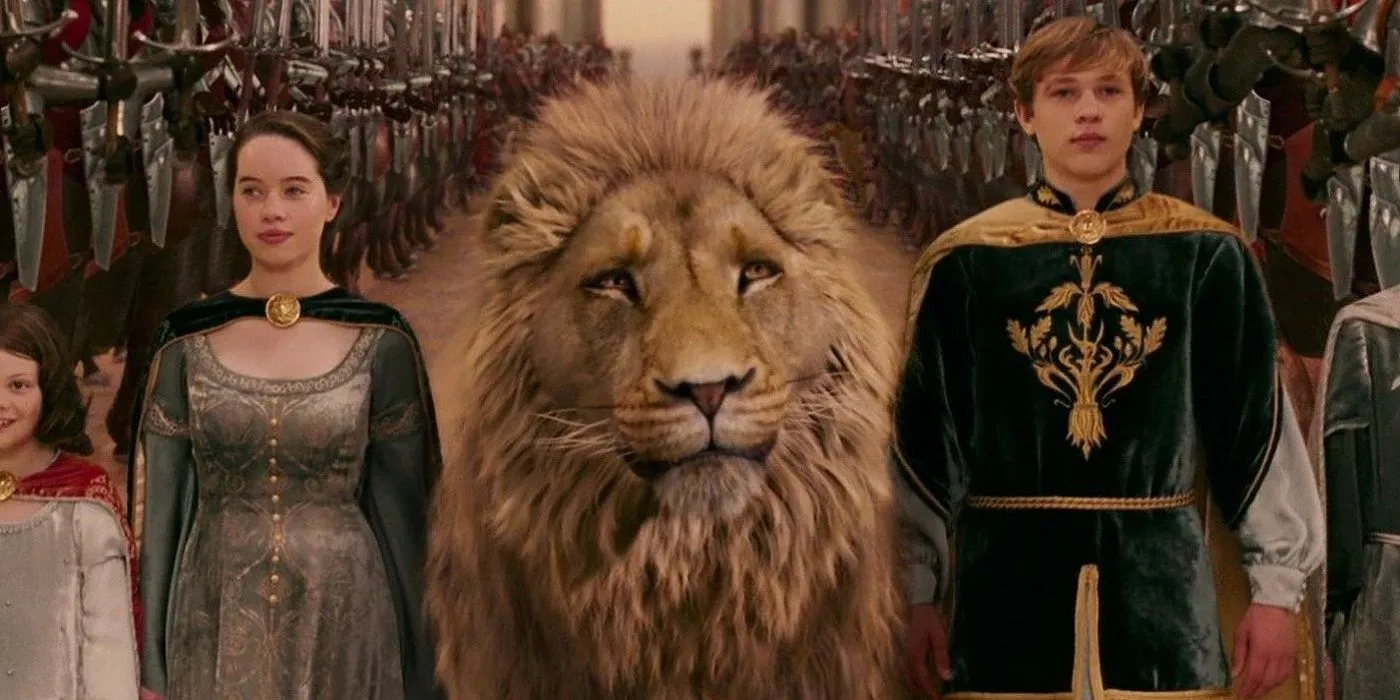
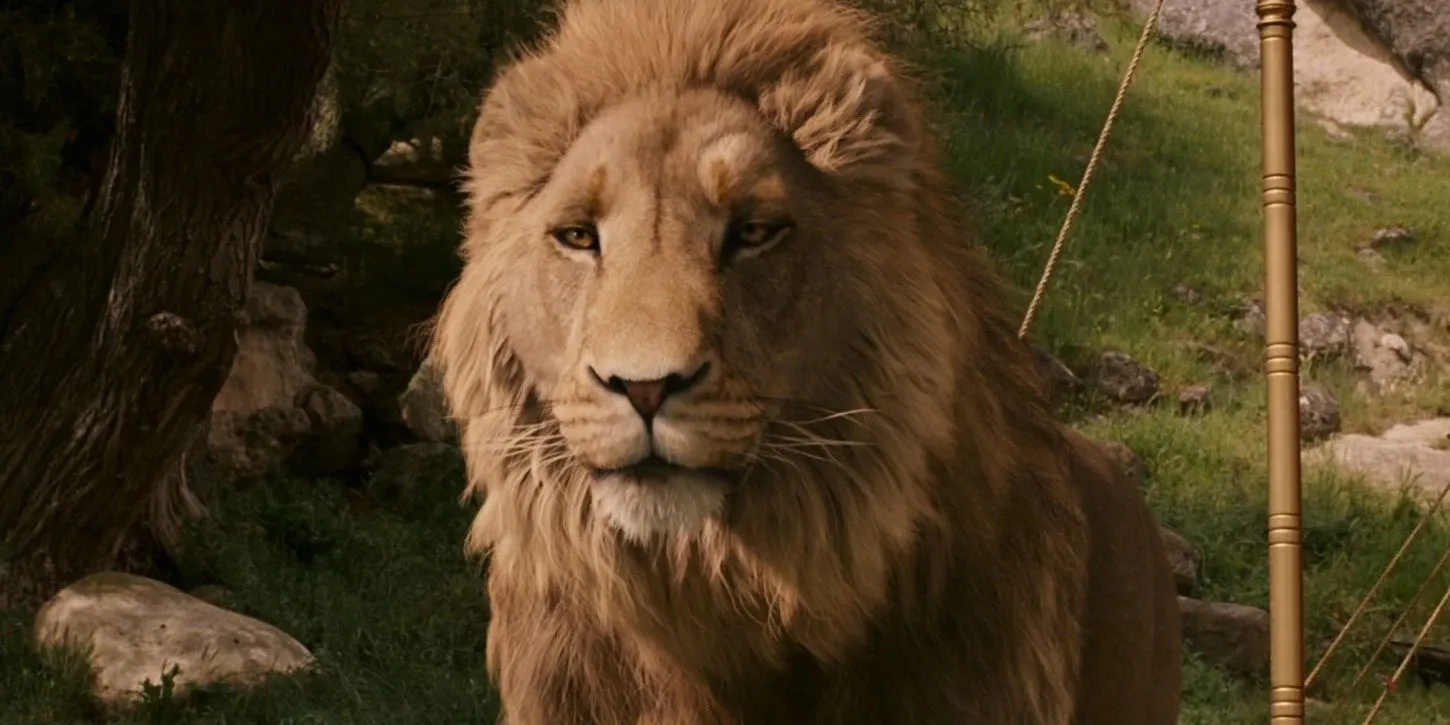
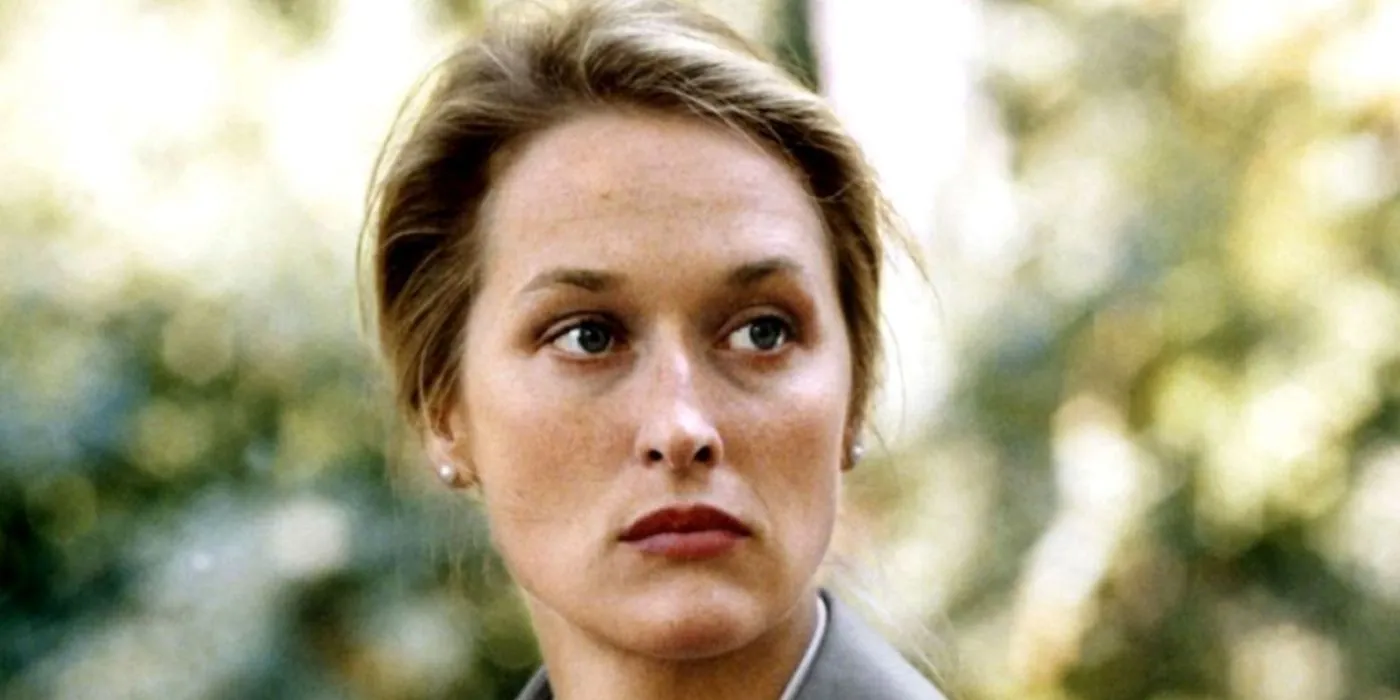
The choice to cast Streep as Aslan poses a notable deviation from the character’s established representation as a masculine lion in the original works. Traditionally voiced by male actors, Streep’s potential casting reflects a broader trend of gender-swapping in long-standing franchises aiming to rejuvenate their narratives. However, altering Aslan’s gender raises specific concerns, particularly due to the character’s strong allegorical connection to Christ.
The enduring charm of The Chronicles of Narnia lies in its dual appeal as both a captivating fantasy adventure and a Christian allegory. Redefining Aslan as female could provoke controversy, as it challenges deep-seated interpretations of the character’s meaning. As details about Netflix’s interpretation remain scarce, such a drastic change might lead long-time fans to question the creative direction taken by Gerwig and her team.
Controversial Choices in Casting May Address Concerns
Ensuring Originality in Netflix’s Adaptation

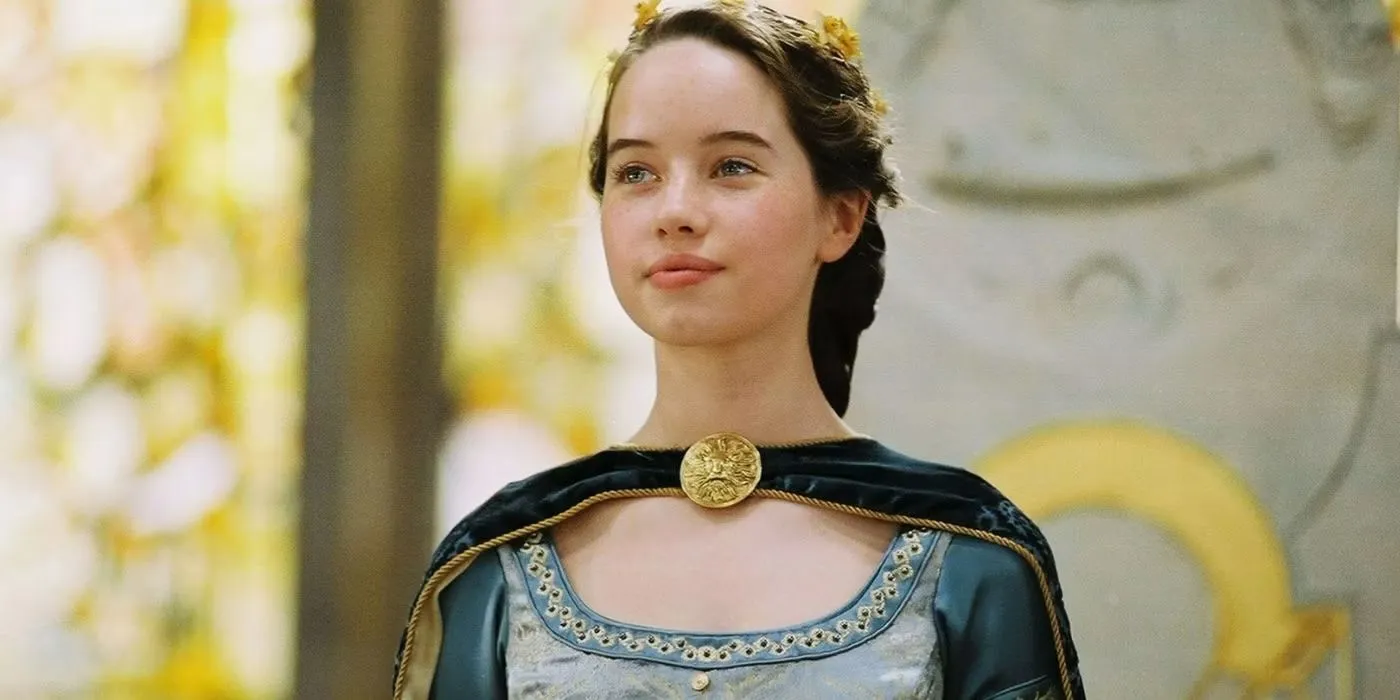

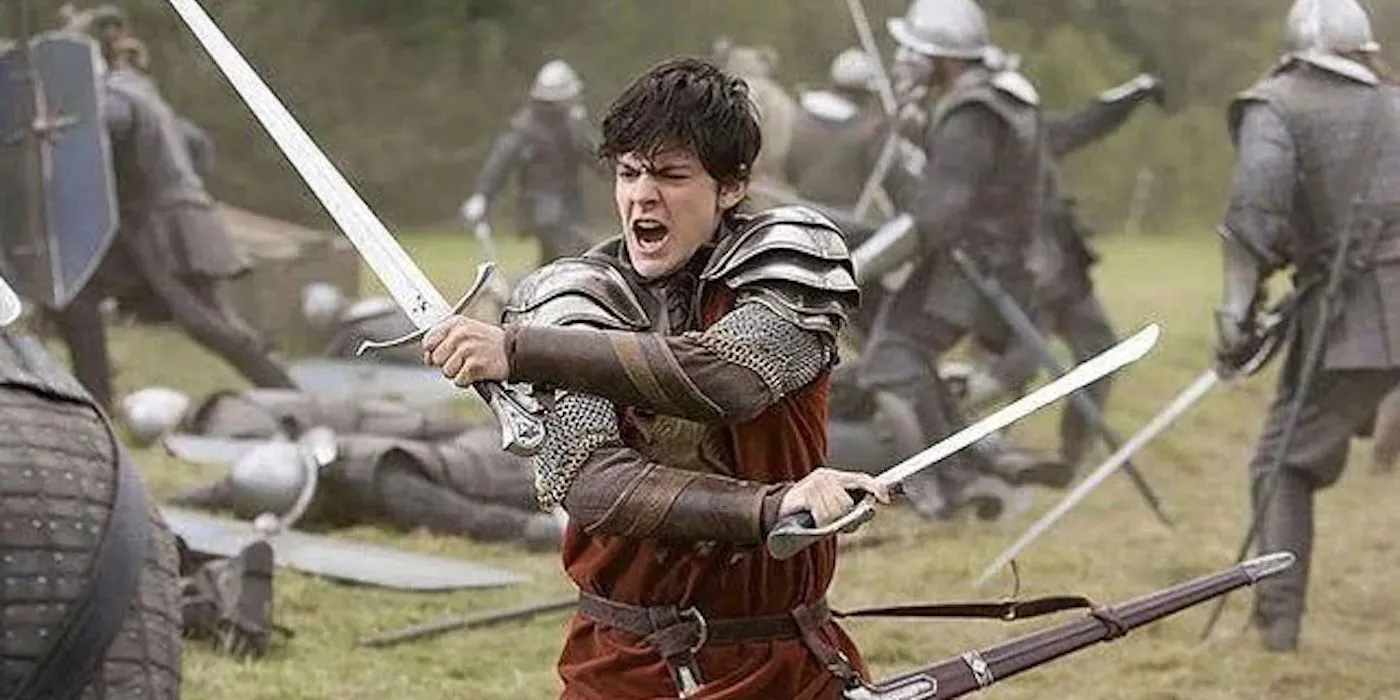

While the possible choice of Streep as Aslan is contentious, it provides reassurance against the fear that Netflix’s adaptations will simply rehash Disney’s interpretations of The Chronicles of Narnia. Despite the criticisms faced by the Disney films, they contained valuable elements, particularly in their adaptation of The Lion, the Witch and the Wardrobe. For Netflix to thrive, it must present its retelling as innovative and deserving of attention beyond the allure of a well-known franchise.
|
Disney’s The Chronicles of Narnia Movies |
Release Year |
|---|---|
|
The Lion, the Witch and the Wardrobe |
2005 |
|
Prince Caspian |
2008 |
|
The Voyage of the Dawn Treader |
2010 |
Meryl Streep’s involvement could indicate Netflix’s intent to pursue a distinct and creative direction that resonates with viewers. Gerwig’s previous works, such as Little Women and Barbie, often reflect her ability to create meaningful narratives. If she envisions Streep as Aslan, it likely comes from a thematic intention aimed at enriching the story. This differentiation will be crucial, especially for adaptations of works that have already been interpreted by Disney, including The Lion, the Witch and the Wardrobe, Prince Caspian, and The Voyage of the Dawn Treader.
Navigating Faithfulness and Boldness in Adaptation
Achieving Success Through Balance

The conversations surrounding Streep’s potential role in the upcoming films highlight the broader challenge that Netflix’s adaptation faces. Striking a balance between innovative storytelling and adherence to the source material is critical for success. Casting decisions, such as involving Charli XCX as the White Witch alongside Streep as Aslan, represent bold choices that have the potential to align harmoniously with C.S. Lewis’s original works.
It’s worth noting that Tilda Swinton famously portrayed the White Witch in Disney’s 2005 adaptation, which adds to the stakes. If Netflix opts to adapt all seven Narnia novels, there is an opportunity for diverse portrayals of these characters. For instance, Charli XCX could portray a younger Jadis in The Magician’s Nephew, while an older actress might take on the role in The Lion, the Witch and the Wardrobe. Similarly, Streep could lend her voice to Aslan in select entries of the franchise, allowing for creative flexibility without a long-term commitment.
Ultimately, the hope for Netflix’s adaptation of The Chronicles of Narnia is that it achieves a powerful balance between originality and faithfulness that honors C.S. Lewis’s legacy while also engaging a new generation of viewers.
